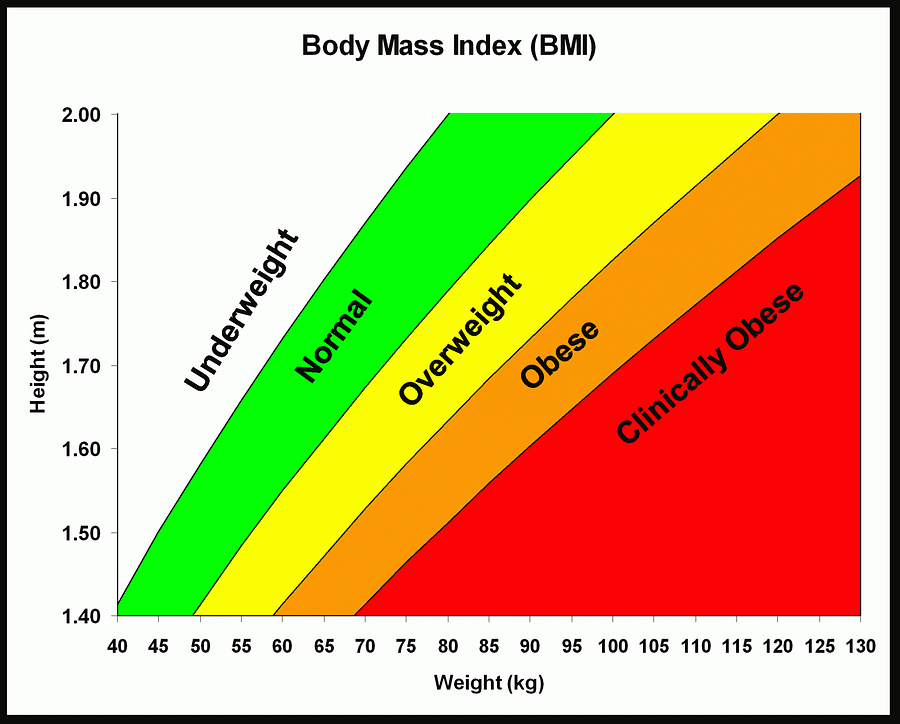Health Class: Helpful, healthful, and stressful
Being a teenager carries with it experiences that don’t necessarily change from generation to generation. You stare at the clock through a good portion of math class. You roll your eyes when you hear for the billionth time from your mother’s coworker that your high school years are the highlight of your existence. The girl in your class makes a joke that everyone laughs at about needing to be anorexic because of the microscopic skin-roll she has, but you know that there most likely is genuine insecurity behind what she jokes about.
From a young age we are taught that one of the worst things you could be called is fat. According to PBS and The Council on Size and Weight Discrimination, 80% of ten year olds are afraid of being fat and 80% of 10 year old females have already dieted. On the opposite end of the spectrum, the side so ignored by society, many people struggle to gain weight and feel insecure about the lack of fat on their bodies.
The stress of comparing your body to others around you, for some, can be experienced throughout the school day, primarily in gym or fitness. Whether it be self-consciously changing in the locker room, wishing your body was someone else’s, or comparing your fitness ability to those around you. For many this is a motivation. Some don’t really think about it, and others end up feeling negatively about their bodies.
Within the first few class sessions of fitness you not only get to feel that unfriendly burn in your muscles due to the lack of exercise over the past months, but you get to find out just how out-of-shape you are in front of everyone. Some people find this test to be inspiring, whereas others find it humiliating and said it actually lowered their self confidence.
The test consists of basic things such as your flexibility and balance, but has another portion added on to the end covering your physical health through your calculated body mass index (which takes into consideration your height compared to your weight). Pinch-an-inch (to find the amount of excess fat on different parts of your body) and finding the ratio between your hips and waist are other tests students complete. For each of these stations, there is a paper taped onto the wall saying whether your health is excellent, average, or at risk.
It appeared that overall my fitness class, a mixture of all grade levels and sexes, didn’t seem like they cared too much about what they were doing. Some students avoided it until they were told we had to pass in our results, whereas others just got the task over with so that they could go on their phones. Few students voiced an opinion one way or another.
An anonymous sophomore said, “I don’t think it should be done in a school setting because it can make people self-conscious. It should at least be done privately.” He said he felt uncomfortable and insecure pinching the fat off his body in front of everyone. “I’m too skinny, and my skin sort of just stretched out.”
An anonymous senior agrees that it should be done privately, but feels that the process had a positive effect on him. “I know I am overweight and have been trying to change that, but seeing where my numbers should be is like a little push in the right direction.”
Health Decisions, Intro to Wellness, and Fitness Teacher Maria Kelly agreed and said, “Personally I think all individuals should have some idea of the shape/condition of their body.” Mrs. Kelly said that she likes to stress that these numbers can be inaccurate at times. For example: the BMI does not take into consideration your muscle mass, which may tell a very muscular person that they are or at risk of being overweight.
Health Decisions, Intro to Wellness, and Fitness Teacher Scott Richards said that physical fitness is only a portion of your overall health. There is also social health and mental/emotional health.
Mrs. Kelly said that although no one in her class has ever refused to complete these tests, if a student were to express her concerns, she would not force it. “In a world obsessed with body image, I can see where some students may obsess over the numbers and data they gather on themselves by performing these tasks,” said Mrs. Kelly.
Junior Kalin Barton was very happy to complete these tests. She said that because of them she is encouraged to lead a healthier lifestyle.
Sophomore Michelle Sherman has yet to take these fitness tests, but has seen some of her friends feel negatively about themselves afterwards. She said that it should be up to your doctor to decide whether or not you’re healthy. “As people in today’s society with such specific and seemingly unattainable standards, we are already at risk enough for eating disorders. We don’t need something else telling us that we aren’t skinny enough,” said Sherman.

















